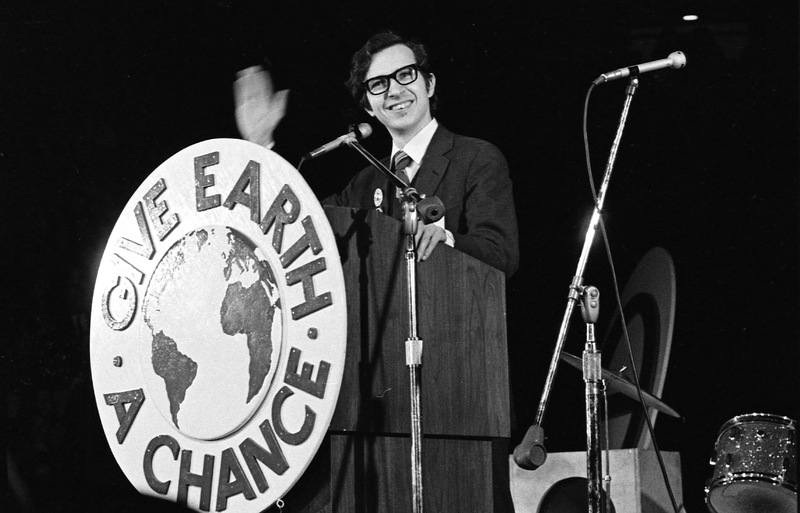Doug Scott (ENACT Co-Chair)
In the fall of 1969, Doug Scott was a graduate student in the Forest Recreation program of the School of Natural Resources with a dream of working on national parks. During his time at U-M, he co-founded a U-M environmental group, Environmental Action for Survival (ENACT), which organized the massive U-M environmental teach-in of 1970. With his obvious passion for the wilderness and his encouraging spirit, Scott became a key figure of the teach-in and the environmental movement more broadly. After the ENACT Teach-In, Scott devoted his life to environmental protection, including work as an environmental lobbyist and as a grassroots organizer, and he eventually played a major role in saving over a 110 million acres of Alaskan wilderness.
Interview of Doug Scott (Palm Springs, California) by Amanda Hampton and Meghan Clark (in Ann Arbor, Michigan), November 17, 2017

